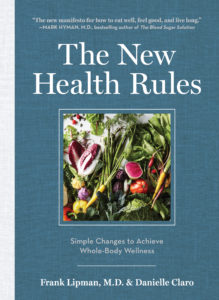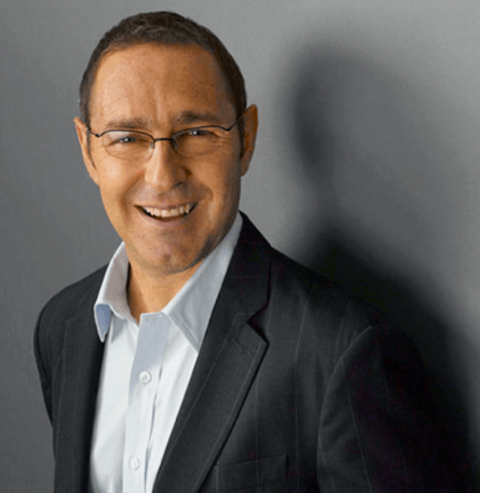Sunny Side Up
By Dr. Frank Lipman
For decades, doctors warned patients, especially those at risk for heart problems, to lay off foods that were high in cholesterol, most notably egg yolks and shellfish. Well, this thinking is so outdated that even the government this year took dietary cholesterol off the no-fly list. Turns out, cholesterol in your food doesn’t significantly raise the levels of cholesterol in your blood, which is what the doctors were worried about in the first place. (And eggs and non-farmed shellfish are a great source of disease-fighting vitamins and minerals.)
But more fundamentally, doctors not wedded to the old orthodoxy have come to realize that high cholesterol levels were never the public health threat they were made out to be and that the mania for lowering those levels was misguided. The research shows that most people having a first heart attack have normal cholesterol levels. Thirty years’ worth of Framingham Heart Study data shows that in most age groups, high cholesterol wasn’t associated with more deaths.
The old thinking went this way: Cholesterol gets into your arteries, it builds up there as plaque, and then it’s a hop-skip to heart disease, heart attack and stroke. This picture is based largely on an influential but flawed 1960s study that concluded that men who ate a lot of meat and dairy had high levels of cholesterol and heart disease. Hence, the prevailing wisdom of the last 40-plus years: Lay off saturated fats, and your cholesterol levels and heart-disease risk will drop.
In practice, this gave rise to the creation of low-fat/no-fat Frankenfoods (SnackWells, anyone?) that traded fats for far more damaging sugar—and launched the cholesterol-lowering-drug business bonanza. Instead of making people healthier, we’ve wound up with an obesity and diabetes epidemic that’s helping drive up rates of heart disease. This skewed view has affected what we eat, what we worry about, and what drugs we take, and it’s still the central preoccupation of mainstream preventive medicine.
But in fact, your body needs cholesterol to do things like support brain and nerve function, build up cell walls, make key hormones, and synthesize vitamin D. Drugging the numbers down usually makes for lousy medicine and a laundry list of potentially dangerous side effects. Muscles achy? Feeling spaced out? Worried about memory slips? It may be connected to your valiant efforts to cut cholesterol with statin drugs.
Here’s how to navigate a “high cholesterol” diagnosis:
•Ask your doctor to dig deeper, especially if you have a family history of heart disease or other risk factors. Look at hs-C-reactive protein, particle sizes of the LDL cholesterol (sometimes called NMR Lipoprofile), Lipoprotein (a) and serum fibrinogen. These measurable physical clues will help fill in a few more pieces of the puzzle, and enable you and your doctor to develop a more customized program to help manage your risk, with or without cholesterol drugs. If your doc’s not interested in looking under the medical hood, then it may be time to switch to a new mechanic.
•Commit to a low-carb diet—perhaps the most important action you can take.
As you transition to this way of eating, be sure to clear all sugar (including most fruits) from your diet, eat lots of leafy green and cruciferous vegetables (not starchy or root vegetables), eat healthy fats, and avoid low-fat processed foods.
•Exercise daily.
•Prioritize sleep.
•Add these supplements:
Krill oil: 2-3 grams per day
CoQ10: 200mg per day
Magnesium: 300-500mg per day
•Meditate daily to help lower inflammation (by reducing cortisol).





